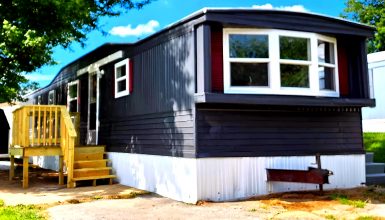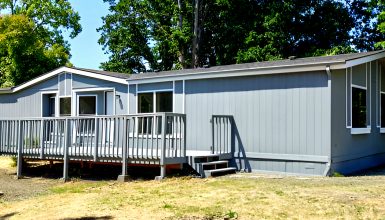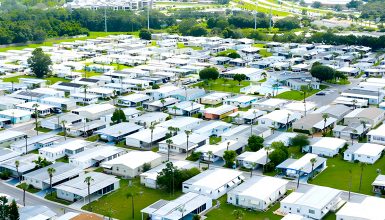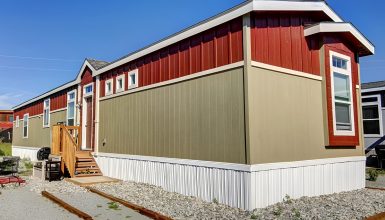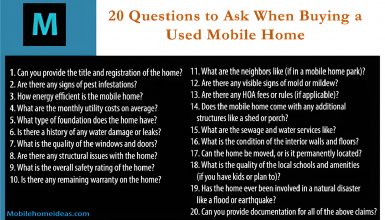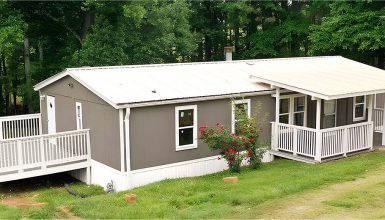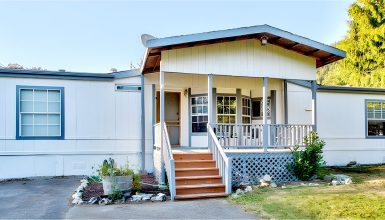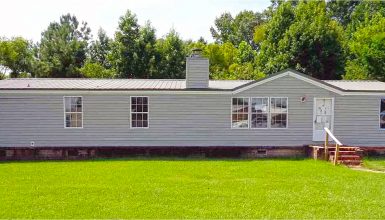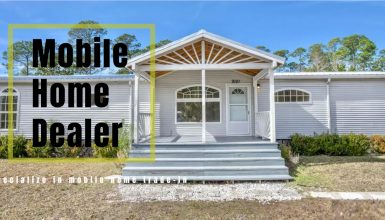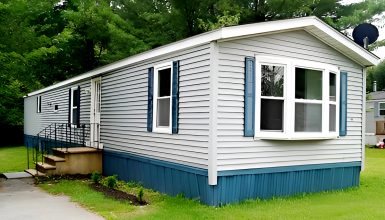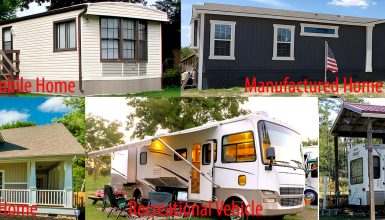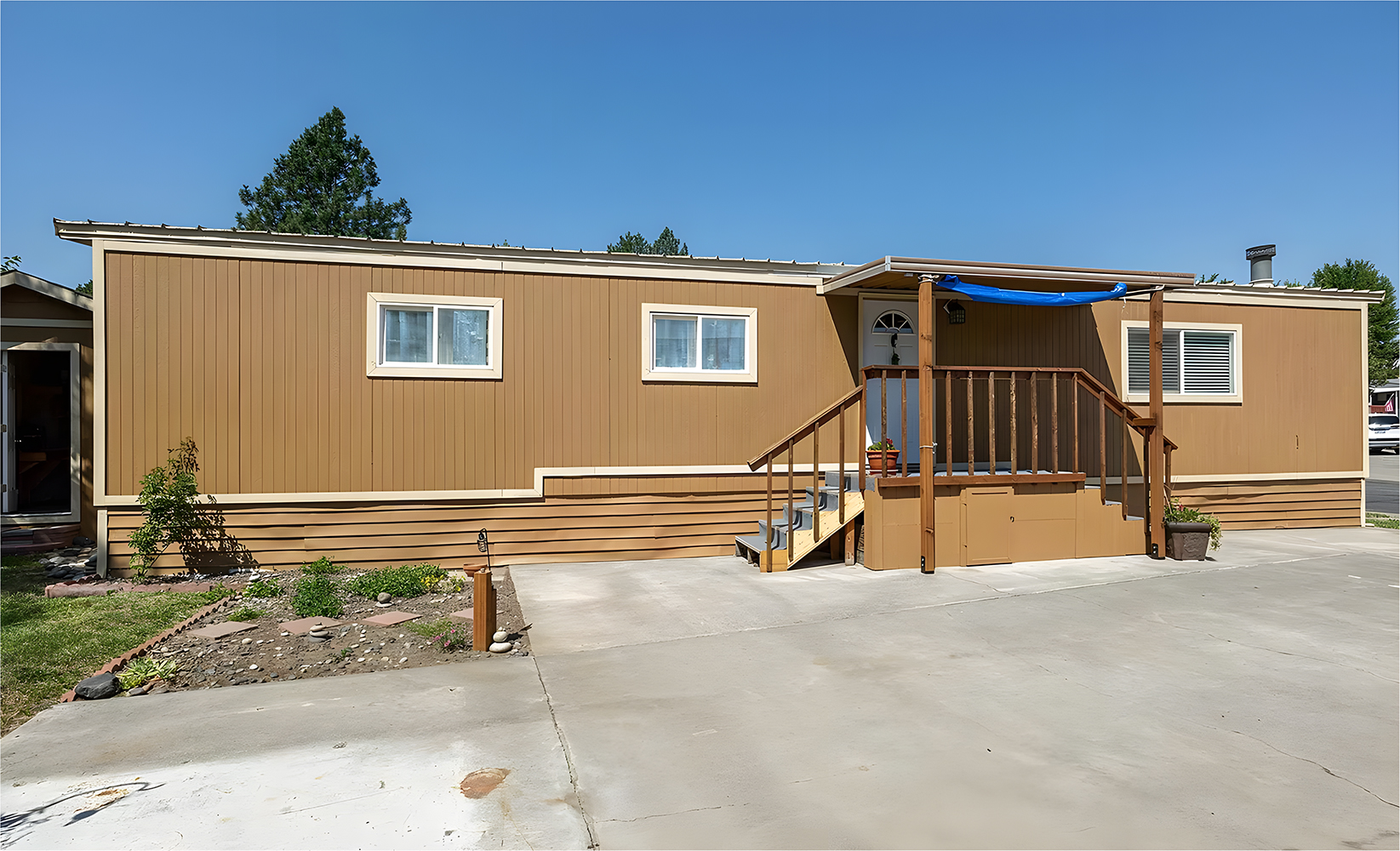
Buying your first mobile home is a big deal. It’s not just about having a new place to live. It’s about setting up your space and making it suitable for you. It’s exciting and a bit nerve-wracking too. You want to get it right. That’s why we’re here. We have some top tips to help first-time mobile home buyers like you. These tips will guide you through from start to finish. By the end, you’ll feel more ready to take this big step. So, let’s dive in and discover how to make your mobile home buying journey a smooth and successful one.
1. Research Thoroughly
Knowing your stuff is key when it comes to the mobile home market. It’s big and full of choices. Different sizes, styles, and features can make your head spin. But understanding what’s out there helps you pick the best one. So, where do you start? Online is a great place. Look at mobile home sellers, read forums, and watch videos. Visit mobile home parks and chat with residents. They can share insights you won’t find anywhere else. Make a list of what you like and don’t like. This research makes your decision clearer and easier.
2. Budget Wisely
Money talks, especially when buying a mobile home. It’s more than just paying the price tag. You must think about site rent if you’re not buying land. Don’t forget about setting up utilities, maintenance, and insurance. These can add up. So, how do you manage? First, figure out how much you can spend without stretching too thin. Include all those extra costs to see the whole picture. This way, you won’t get caught off guard by unexpected expenses. Planning your budget this way keeps your finances healthy and your mind at ease.
3. Inspect the Home
Inspecting the mobile home is a must before you shake hands and take the keys. Think of it as looking under the hood of a car before you buy. You want to know everything works right. Look for signs of water damage, such as stains or a musty smell. Check the floors to ensure they feel solid under your feet, not soft or bouncy. Open and close windows and doors to see they fit well. And the roof? Ensure it’s in good shape, with no missing pieces or leaks. Sometimes, it’s smart to bring in a pro. A professional inspector spots things we might miss. This step is your safety net to avoid surprises later.
4. Understand the Site Fees
If your mobile home will live in a park, site fees are part of the deal. Think of it as rent for the land your home sits on. These fees can vary a lot. They might cover things like maintenance of common areas, trash pickup, and maybe even some utilities. These fees add to your monthly costs, so you need to know what they are upfront. Ask the park manager for all the details. What’s included? Can fees go up? If so, how often and by how much? Understanding these fees helps you see the full cost of living in your new home and plan your budget better.
5. Check Park Rules
Every mobile home park has its own set of rules, like every city’s laws. These rules can affect how you live day-to-day. Some parks say yes to pets, and others don’t. There may be rules about decorating outside or quiet hours for the community. Knowing these rules before you move in can save you from future headaches. So, how do you make sure a park fits your lifestyle? Ask for a copy of the park’s rules. Think about what’s non-negotiable for you. Do you need a place that welcomes your furry friend? Are you looking for a quiet spot or somewhere with lots of community activities? Matching the park’s vibe to your lifestyle makes your mobile home life much more enjoyable.
6. Consider Location
Location is everything. It’s about more than just the view from your window. It affects your daily life. How far is it to work, the grocery store, or your favorite restaurant? What about the safety of the area? Is the mobile home park well-maintained, and does it feel welcoming? Also, think about the future. Is the area growing or declining? Will there be a construction that could affect your living situation? To get a feel for a location, visit at different times. A quiet afternoon might turn into a busy evening. Talk to people in the area. They can give you the inside scoop. Remember, a great location can improve your mobile home living experience.
7. Secure Financing
Getting the money together for your mobile home is a big step. Unlike traditional houses, mobile homes have unique financing options. Some people go through banks, while others might get loans from mobile home sellers or use personal loans. To snag the best deal, shop around. Compare interest rates and terms from different lenders. Pay attention to the fine print, too. Some loans might have fees or penalties that aren’t obvious at first. Don’t be shy to ask questions. Lenders expect it, which can help you understand what you’re signing up for. Finding the right financing can make your mobile home dream a reality without breaking the bank.
8. Plan for the Long Term
Thinking ahead is crucial when buying a mobile home. How long do you see yourself living there? Your answer can shape what kind of mobile home you buy. If you plan to stay put for many years, you might want a home built to last, with room to grow. On the other hand, if you see this as a stepping stone, you might focus on homes that keep their value for resale. Also, consider the community and the area. Will it still fit your needs in 5 or 10 years? Life changes and your mobile home can either be a great long-term fit or a flexible solution for now. Planning for the future helps you choose a home that meets your needs today and tomorrow.
9. Review the Warranty
When you buy a new mobile home, it usually comes with a warranty. This warranty is like a promise from the maker: “We stand by what we built.” But not all warranties cover everything. Some might cover the structure for a long time, but things inside, like appliances, might have a shorter coverage period. Before you say “yes” to your mobile home:
- Take a close look at the warranty.
- See what it covers and for how long.
- Check if there are any steps you need to take to keep it valid.
Understanding your warranty means you know who to call and what to expect if something goes wrong. It’s a bit of homework that can save you a lot of hassle later.
10. Get Everything in Writing
Talking things out is great, but when it comes to buying a mobile home, you want every agreement down on paper. Why? Written agreements are clear proof of what was promised. They help avoid any “he said, she said” if questions pop up later. Make sure you get a written contract for the sale. It should detail the price, any warranties, and what happens if either side needs to back out. Keep records of payments and any talks about repairs or upgrades. If you’re moving into a park, get the park rules and lease agreement in writing, too. Storing these documents safely means you’ve always got the evidence to back up your side of the story. It’s about being smart and protecting your new home and peace of mind.

